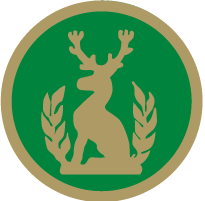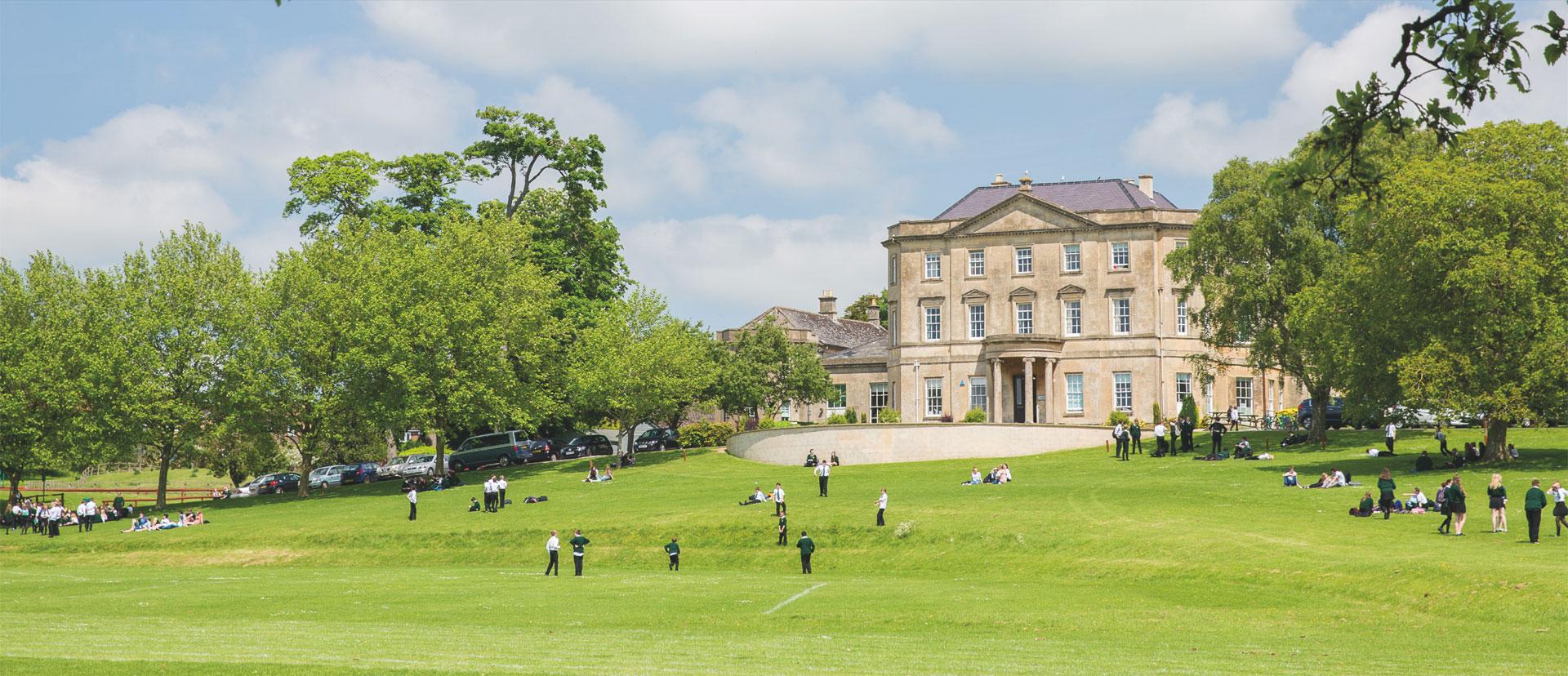At Hardenhuish School we believe in providing a broad and balanced curriculum which engages and challenges our pupils so that they achieve the best possible qualifications to enable their future aspirations to be fulfilled. The curriculum is designed to offer a diverse and coherent range of courses and learning experiences so that pupils develop skills and knowledge that remain with them long after examinations. This is so our pupils leave school as confident and independent life-long learners, equipped with the transferable skills needed to thrive in a changing world.
We place a great importance on pupil progress in the core subjects of English, mathematics and science, together with the other English Baccalaureate subjects of the modern foreign languages and humanities. However, Hardenhuish is equally committed to developing pupils’ abilities, talents and enjoyment across the full range of subjects including the design, information and computing technologies, expressive and performing arts as well as sport and physical education. One of our fundamental principles is to offer a personalised curriculum tailored to enable each individual pupil to flourish as a learner. Furthermore, Hardenhuish recognises that valuable and often memorable learning also takes place through extra and cross-curricular experiences. This includes our hugely popular Successful Lives Days, such as the ‘Smoothie Challenge’ in Year 7, the London museums trip in Year 8 and the WW1 day in Year 9, as well as the vast array of clubs, visits and residential trips.
In addition, we also believe in the benefits of promoting the spiritual, moral, cultural, mental and physical development of pupils through our programme of religious, personal, social, health and careers education. This holistic focus enhances the wellbeing of our pupils and helps them to develop as responsible and respectful young adults who make a positive contribution to society.
The school operates a one-week timetable for all pupils. There are 25 hours of teaching time, spread across the different National Curriculum subjects. Each day, lessons are organised into six 50 minute slots. Lessons for most subjects are 50 minutes long, such as ICT, mathematics and modern foreign languages. Others are taught in combinations of 50 minute and 100 minute slots, with practical subjects generally preferring the double session of 100 minutes. Over the next few pages are the curriculum models for Key Stage 3 (Years 7, 8 and 9) and Key Stage 4 (Years10 and 11).
Key Stage 3 Curriculum Model
| Year | English | Maths | Science | RE&PSHCE | History | Geography | PE | MFL | ICT | D&T | Ex Arts | Options | Total |
| 7 | 4 | 4 | 4 | 2 | 1 | 1 | 3 | 4 | 1 | 2 | 4 | N/A | 30 |
| 8 | 3 | 3 | 3 | 1 | 2 | 2 | 3 | 4 | 2 | 2 | 5 | N/A | 30 |
| 9 | 4 | 4 | 4 | 2 | 2 | 2 | 2 | 4 | 2 | Options 2×2 | 30 | ||
As shown in the table above, our provision offers a balance of subjects in the National Curriculum. Special features of our KS3 Curriculum are described below. Science is a balanced course covering biology, chemistry and physics.
Throughout KS3 the vast majority of pupils study French and Spanish, spending half of their time on French and half of their time on Spanish. The vast majority of pupils continue with both French and Spanish in Y9, delivered through 2 x 50 minute lessons in each modern foreign language, with the exception of a small number of pupils who have additional literacy through our creative media programme.
In Y7 and Y8 pupils doing D&T gain experience of working with different media through a carousel programme of food, textiles, resistant materials, systems & control and graphic products. As they go into Y9, they can choose as part of the options system which media they wish to specialise in.
In Y7, Y8 and Y9 pupils have ICT lessons in one of the School’s computer rooms. These lessons are designed to improve their level of competence using ICT, including computer programming, enabling them to use technology as a tool in other lessons.
The expressive arts subjects (art, drama and music) are taught as discrete subjects in Y7 and Y8. Dance is also taught as a discrete subject in Y7. In Y9 pupils choose at least 2 options from a range of subjects which includes D&T, expressive arts, business studies and extra PE, in preparation for GCSEs.
The core subjects start GCSE programmes of study during Y9.
KS4 Curriculum Model
| Year | English | Maths | Science | RE&PSHCE | PE | Option A | Option B | Option C | Option D | Option E | Total |
| 10 | 4 | 4 | 6 | 2 | 2 | 3 | 3 | 3 | 3 | Extra curricular | 30 |
| 11 | 4 | 4 | 6 | 2 | 2 | 3 | 3 | 3 | 3 | time | 30 |
English, mathematics, science, PE and personal education are mandatory subjects which pupils must continue studying during KS4.
English is a course that leads to two GCSE outcomes for all pupils, one in English Language and one in English Literature. Mathematics is a course that also leads to two GCSE outcomes, one in statistics taken in the summer of Year 10 and one in mathematics. An additional level 2 qualification in Further Maths is also offered as an after school option in Year 10.
The science course covers the three main sciences: biology, chemistry and physics. The outcomes for some pupils are three separate GCSEs, but some may achieve two GCSEs in combined science. It is taught by two or three teachers. This means that pupils spend double the time on science as they do on most other subjects.
At Hardenhuish we run a free options choice system, where all the available subjects are listed for pupils to rank order up to four choices, and the timetable for each year group is written to achieve those choices.
As part of their timetable, some pupils may study three option subjects and have extra lessons in English and/or maths together with academic mentoring to maximise achievement across their courses, especially in the all-important core subjects.
Option Subjects
The following optional subjects are currently offered at GCSE level:
- French
- Spanish
- Geography
- History
- Religious Studies
- Business Studies
- Computing
- ICT*
- Art
- Dance
- Drama
- Music
- Design Technology (with a specialism in resistant materials, systems and control or textiles)
- Food Preparation and Nutrition
- Catering and Hospitality*
- Physical Education
- Sports Studies*
- Health and Social Care*
The subjects marked with a * are alternative qualifications equivalent to a GCSE. The courses in ICT, Sports Studies and Health & Social Care are all Cambridge National Awards. The Catering & Hospitality course is a WJEC level 1/2 award.
We strongly recommend that pupils choose a broad and balanced curriculum which includes a modern foreign language and a humanities subject, although this is not compulsory. However, some pupils who have specific strengths and a clear idea of what they want to do after Year 11 may benefit from choosing more than one course in a particular subject area. There are a few restrictions on pupils’ option choices. These are that pupils may choose: only one subject from DT, Food and Catering, only one of computing or ICT, up to two expressive arts subjects and either PE GCSE or Sports Studies.

